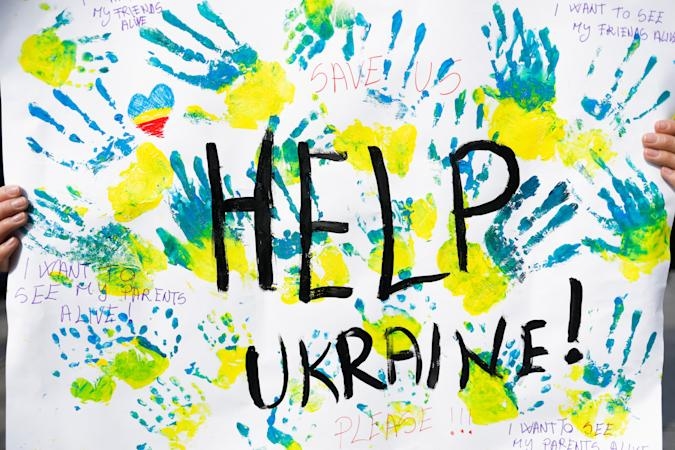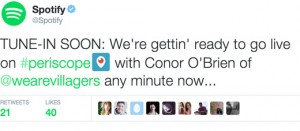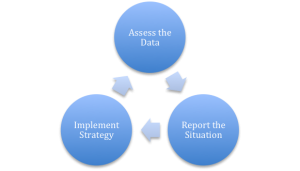Ukraine asks international volunteers to join ‘IT army’ against Russia
“We continue to fight on the cyber front.”


Ukraine is recruiting international volunteers to carry out cyberattacks against Russia. On Saturday afternoon, Mykhailo Fedorov, the country’s digital transformation minister, took to Twitter to announce he was assembling an “IT army” on Telegram. “There will be tasks for everyone,” he said. “We continue to fight on the cyber front.”
As of the writing of this article, the channel has more than 26,000 subscribers. In one post, translated into English by The New York Times, the Ukrainian government urges people “to use any vectors of cyber and DDoS attacks” on a variety of Russian targets. In a separate post, the country calls on people to report YouTube channels posting pro-Russian content, with the hope of getting them delisted. That call to action came at around the same time YouTube said it was temporarily barring Russia Today and other Kremlin-affiliated channels from earning ad revenue on the platform.
The call for volunteers also came after Anonymous claimed responsibility for taking down multiple Russian government websites, including those belonging to the Kremlin and Ministry of Defence.
The choice to manage the effort on Telegram is one that could hurt Ukraine in the long run. As Moxie Marlinspike, the founder of Signal points out, Telegram isn’t encrypted in the way most people think it is. Unless you enable its Secret Chat feature, your conversations aren’t end-to-end encrypted, which means the company can unlock most messages at any time. In the current situation, that’s a problem because many Telegram employees have family in Russia, and, as Marlinspike notes, there’s a scenario in which the country’s government could exploit that fact.
(15)
Report Post







